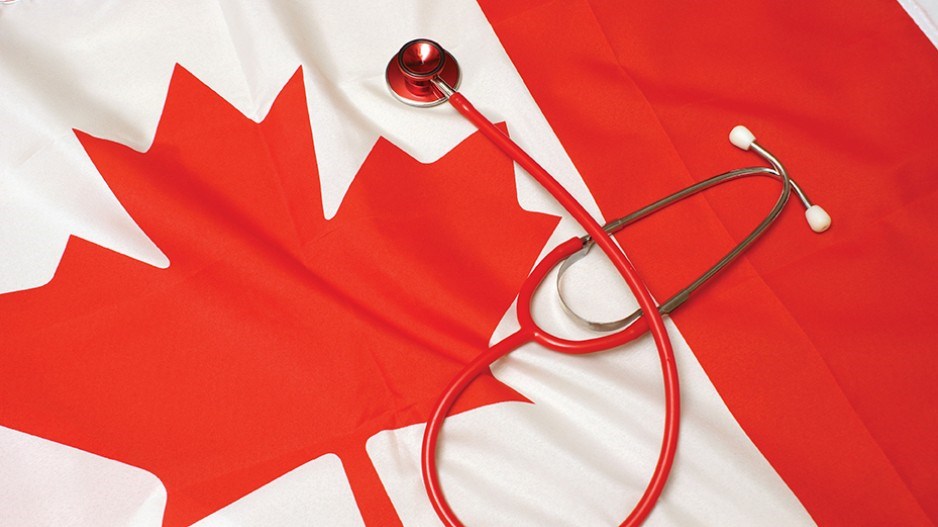Canada's health-issue debates heading into an October ballot revolve around access to care and medication, assisted dying, abortion and the opioid crisis and addiction.
But the core of the provision of care across the country remains the Canada Health Transfer (CHT) funding.
Monies provinces receive from Ottawa have steadily risen in the past decade, but how those funds are spent frequently depends on the political ideology of the occupant of the prime minister’s office.
CHT funding is expected to top $40 billion for 2019-20, Finance Canada said.
Access to care
Canada’s socialized medicine system is envied by many other nations yet we can’t quite decide what we want.
Conservative Party of Canada policy supports access to both public and private care delivery while the NDP warns against “the creeping threat of privatization and user fees.”
Liberal Party of Canada policy documents advocate adding mental health coverage nationally.
The NDP and the Green Party of Canada advocate inclusion of dental care in the Canada Health Act as well as the expansion of mental health, hearing and vision care for all.
Pharmacare
The NDP advocates a national, universal pharmacare program while the Greens advocate expanding public health care to include pharmacare and establishing a Crown corporation to bulk-purchase and dispense prescription drugs.
Liberal party policy involves encouraging the government to amend the Canada Health Act to create a universal, single-payer, evidence-based and sustainable public drug plan, with purchasing power to secure best available pricing.
However, drug coverage has been promised since the start of medicare in 1964 and remains as elusive as national dental insurance.
The Liberals’ 2019 budget earmarked $35 million over four years for creation of a national drug agency to decide which medications should be covered and negotiate lower prices. And a federal advisory panel has since called for a $15 billion universal public pharmacare program.
One goal would be to replace the current patchwork of plans across the country.
The Conservatives want to see 20-year patent protections alongside a system that ensures no one loses their life savings to obtain life-saving drugs.
Assisted dying
Among the most-debated issues in health care is assisted suicide and how it should be handled.
The Liberals and NDP support assisted dying while the Conservatives oppose it, saying dying is a “normal process and excludes euthanasia and assisted suicide.” The Conservatives advocate a national palliative-care program.
Abortion
While restrictions on abortion have been dropped from Canadian law, the Conservatives retain policy saying it “should be explicitly excluded from Canada’s maternal and child health program in countries where Canadian aid is delivered.”
All other parties accept the status quo.
Addiction
The provinces remain at the forefront of addiction services in the face of a national opioid epidemic that claimed an estimated 11,500 Canadians’ lives between January 1, 2016, and December 31, 2018.
The Greens advocate treating addiction as a health issue. The NDP has called for an investigation into the role drug companies might have had in fuelling the opioid crisis, with a view to restitution for the public costs.
Conservative policy documents are silent on the opioid crisis but leader Andrew Scheer has said money should be spent on rehabilitation and counselling. Liberal documents promote it as a health issue and advocate expanding treatment and harm reduction services in addition to reclassifying low-level drug possession and consumption as administrative violations. •




